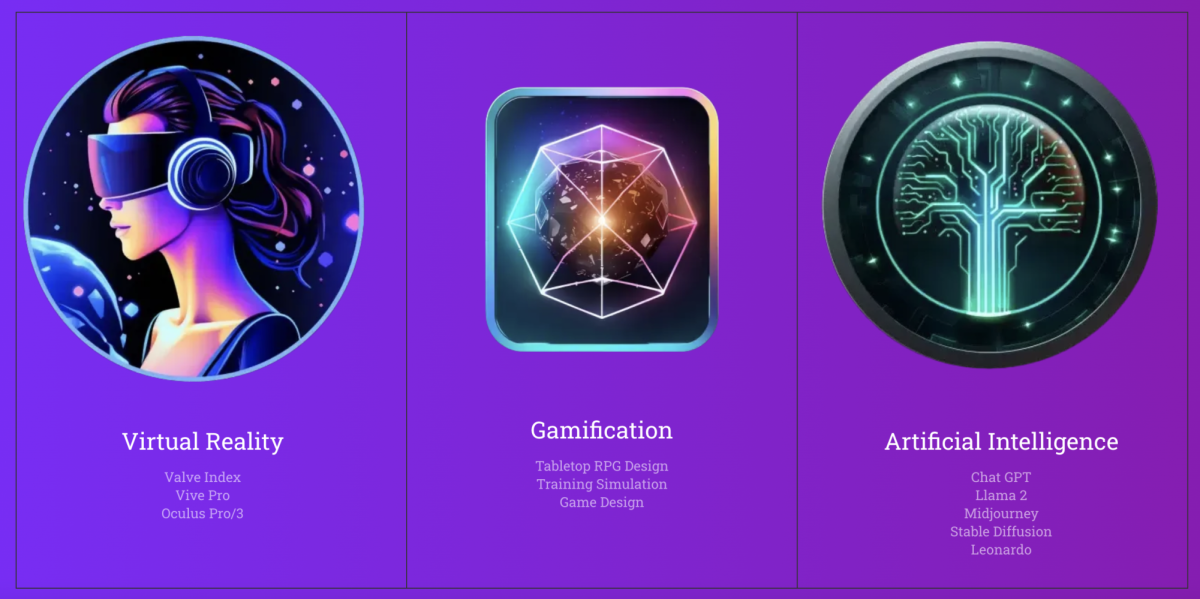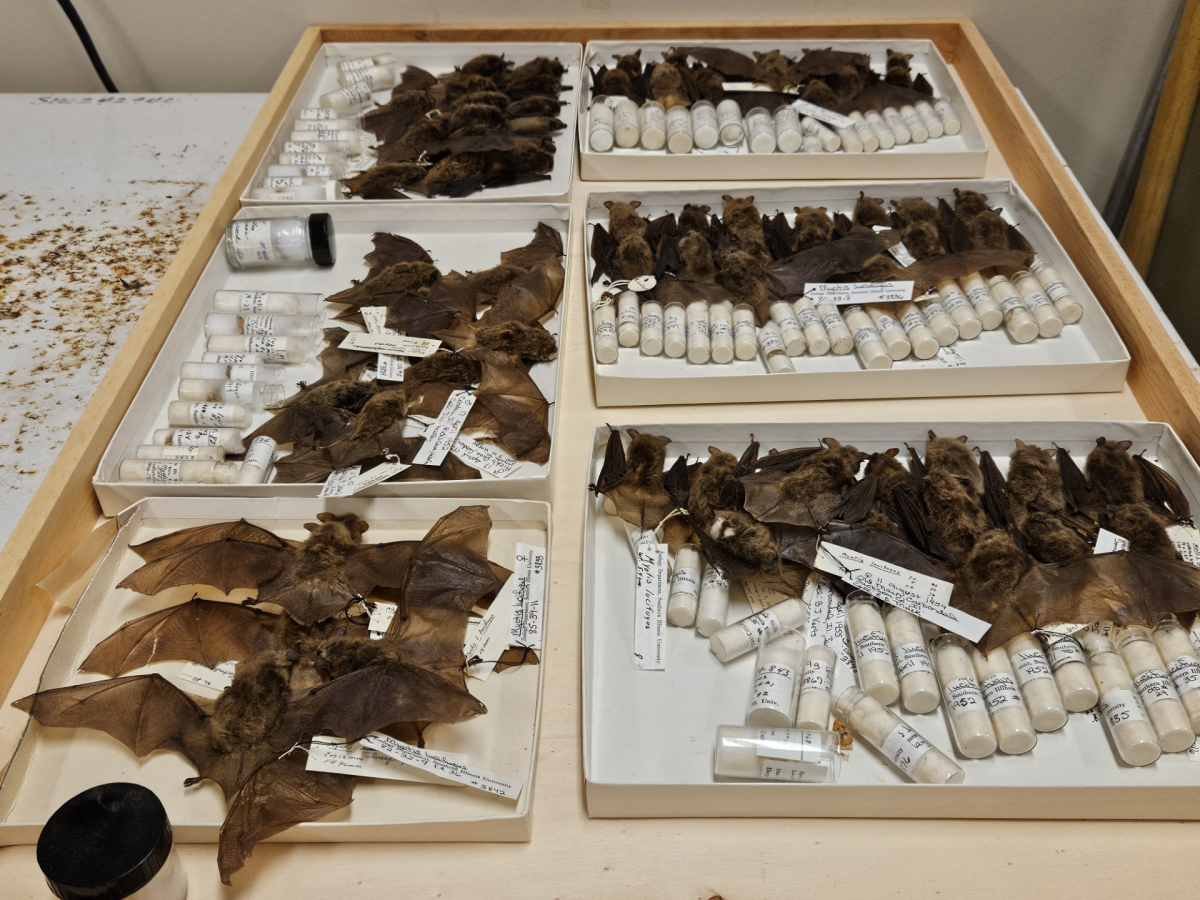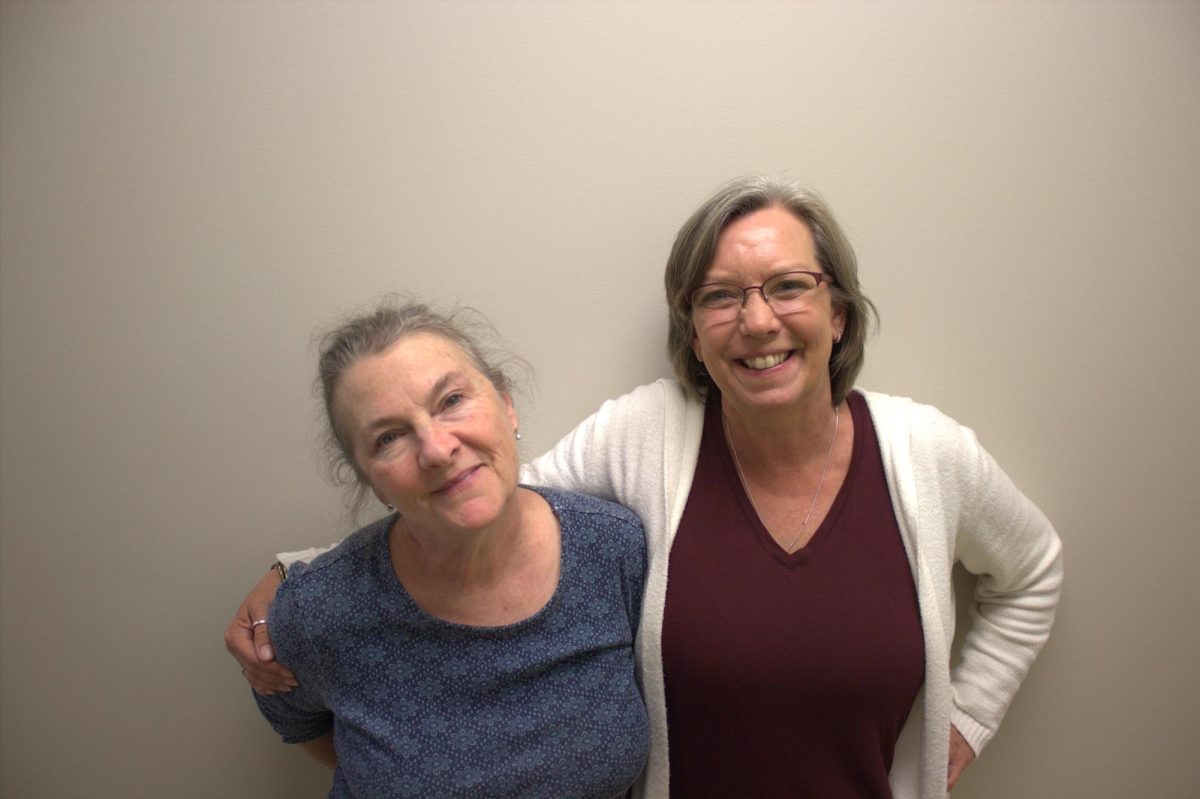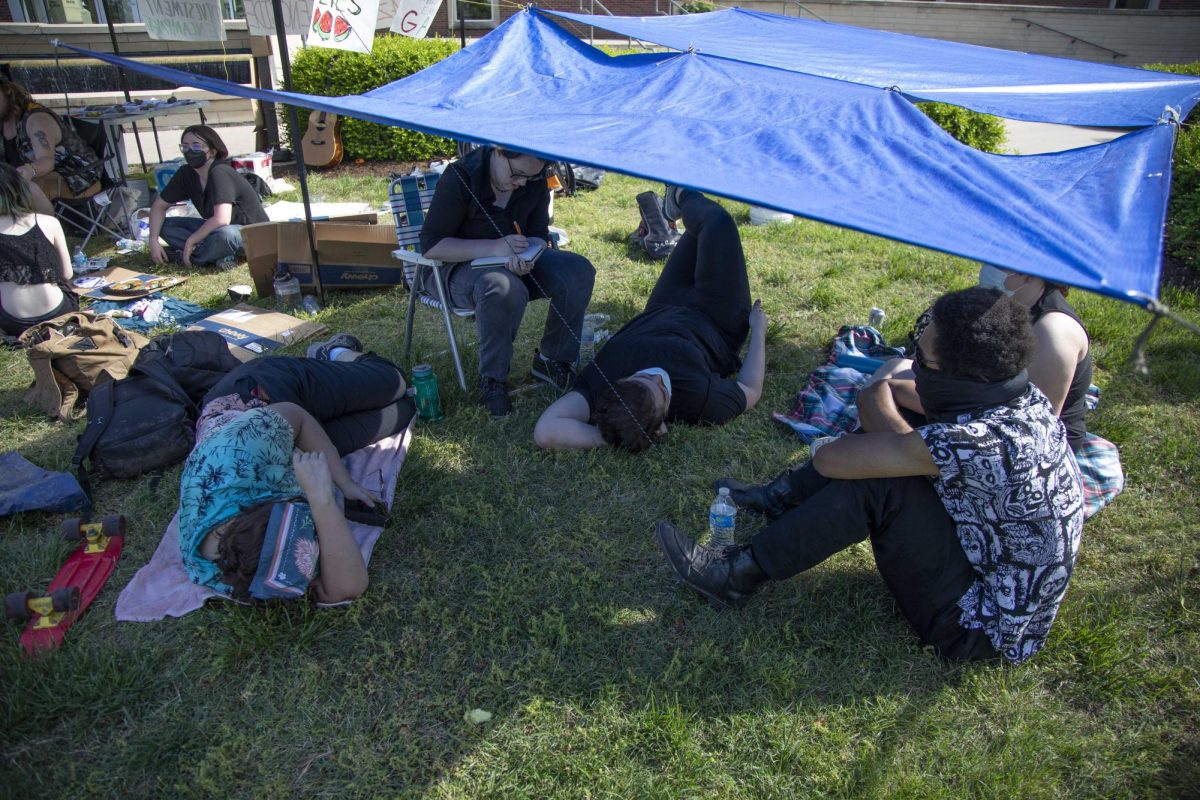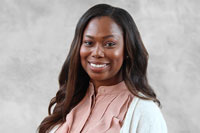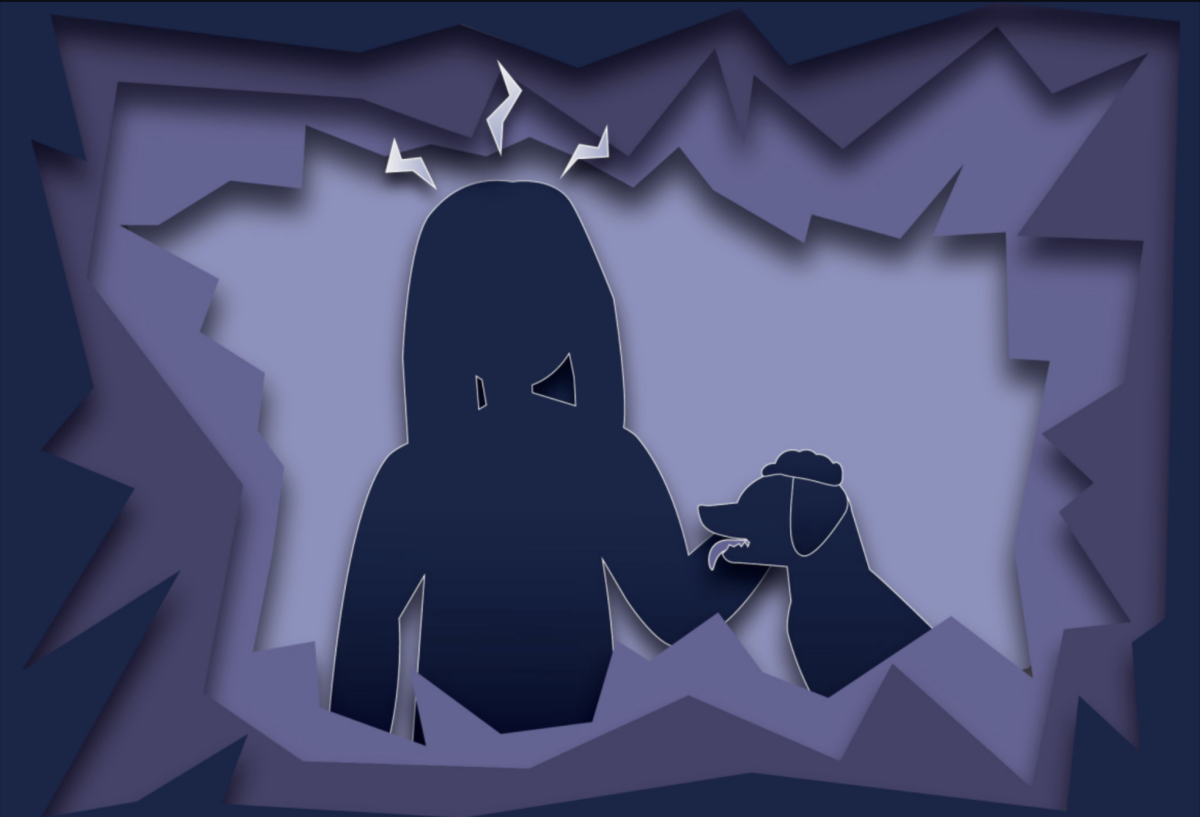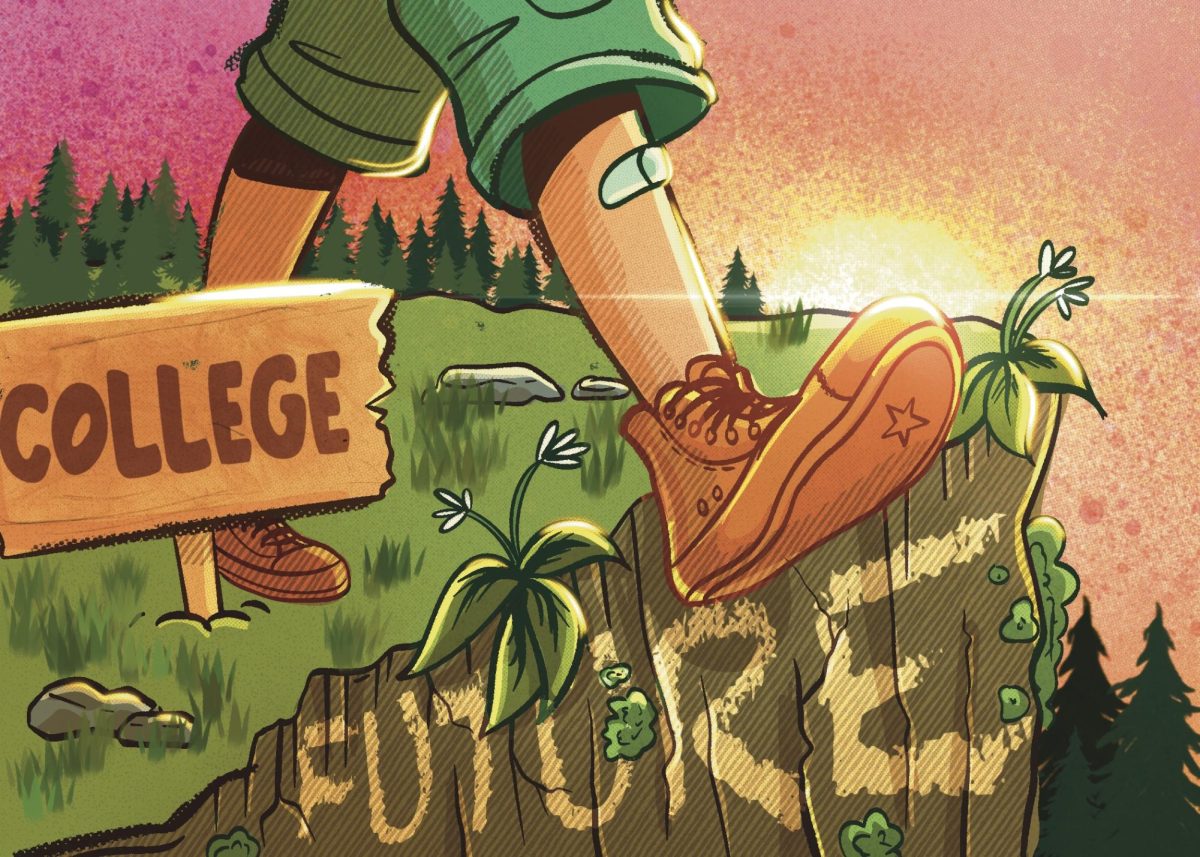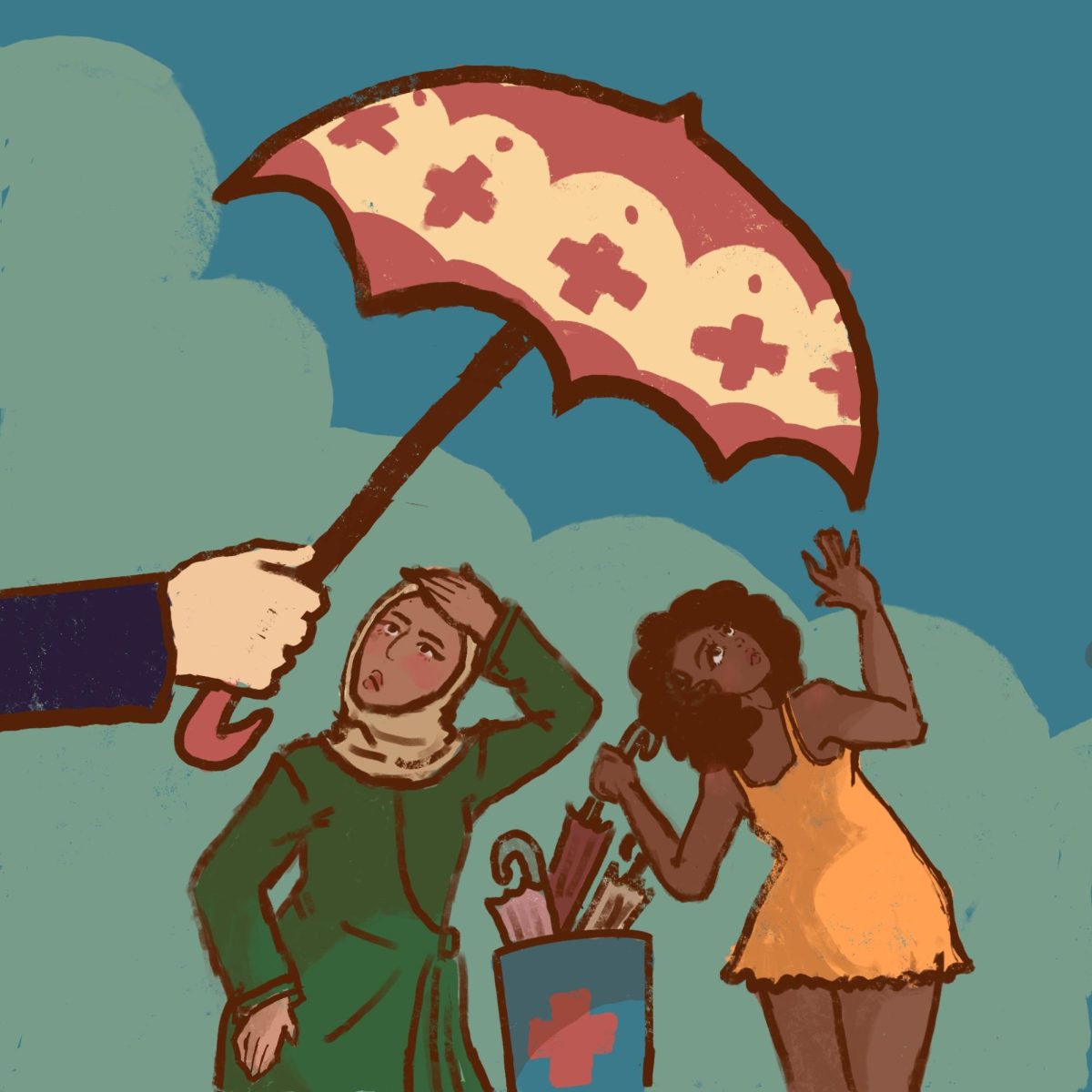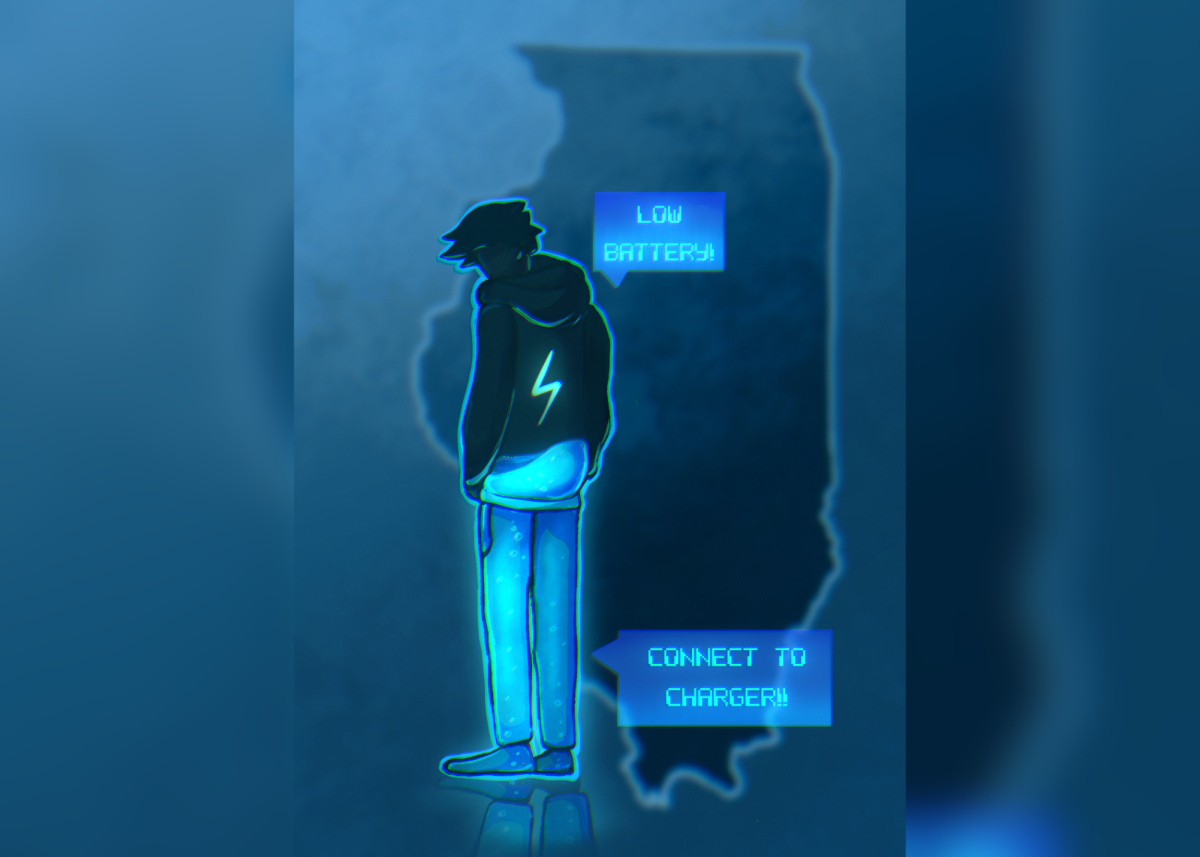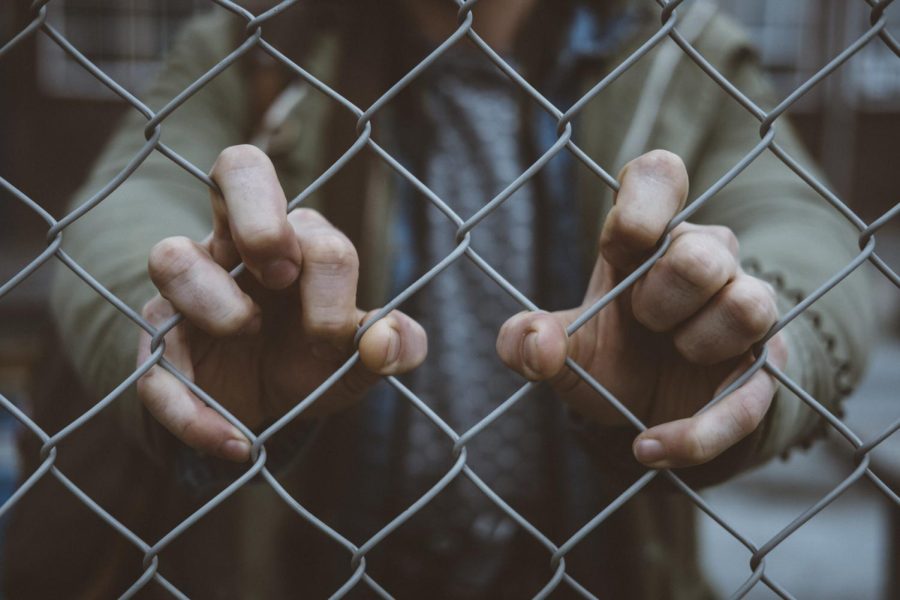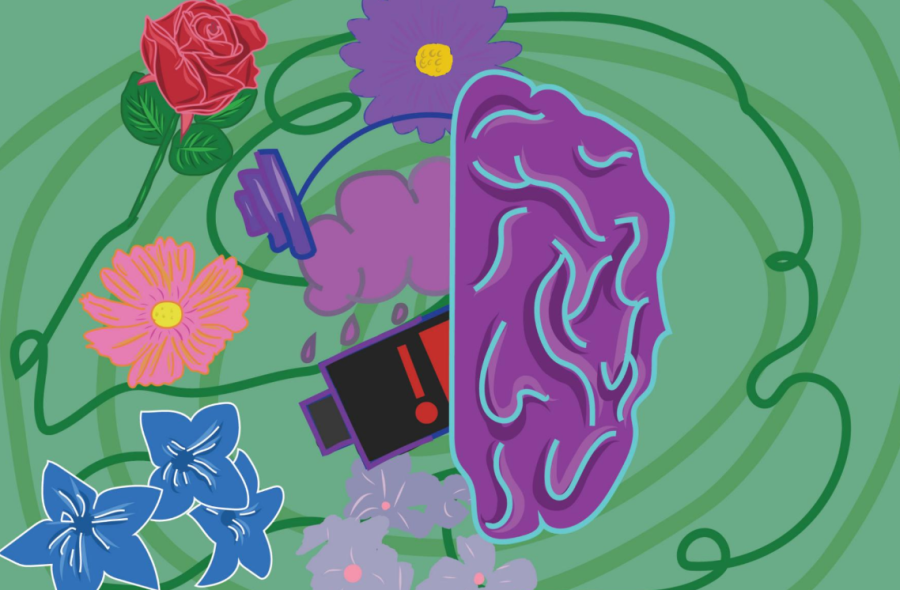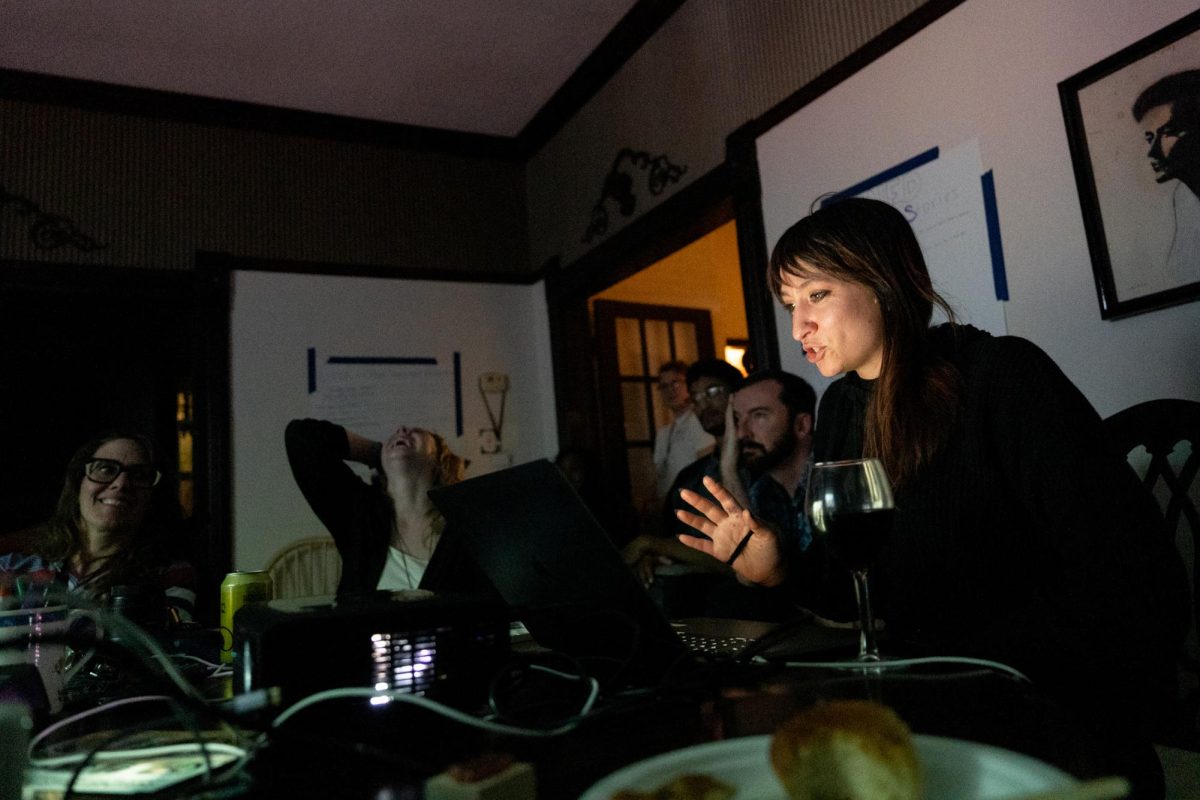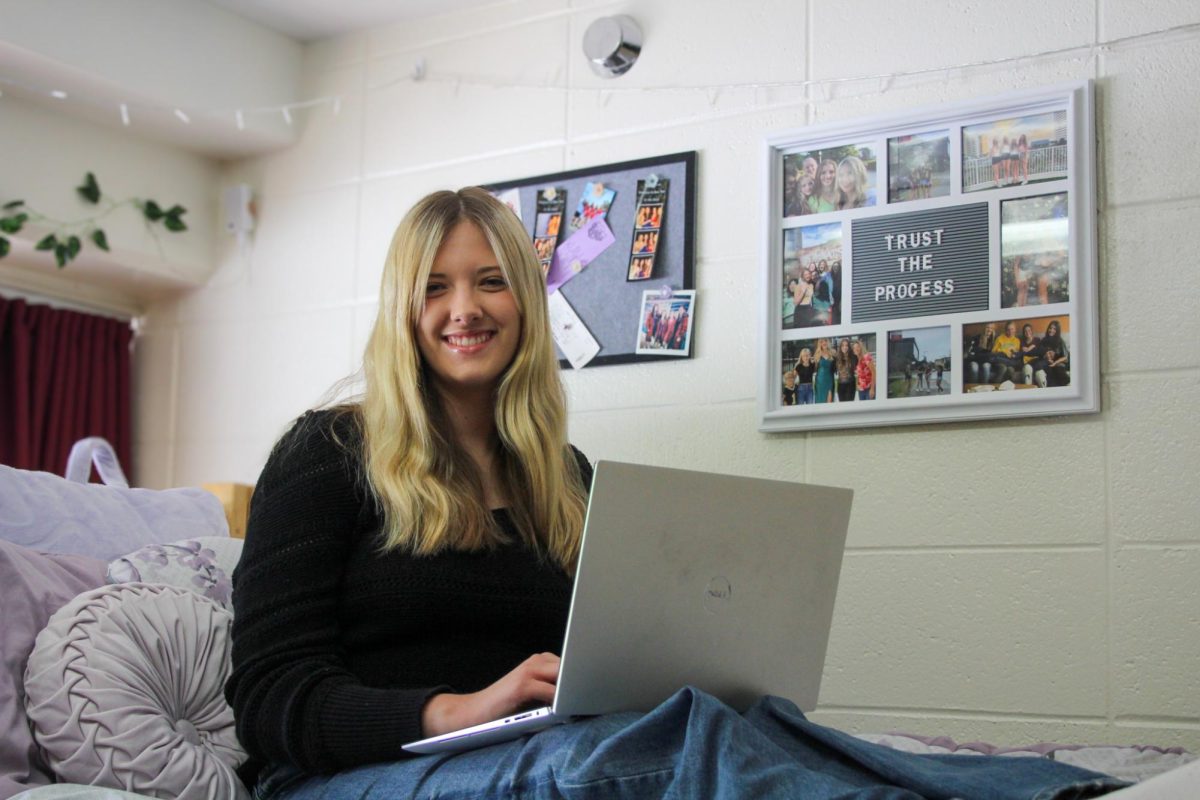In a time where mental health occupations are expected to grow, Southern Illinois University is offering several related majors to inquiring students. Among those majors are sociology, social work and psychology.
“Most importantly, students should pick a major that is of interest to them,” said Reza Habib, the director and an associate professor of the School of Psychological and Behavioral Sciences at SIU.
Advertisement
“In addition to offering a wide variety of classes, the psychology program at SIU offers students many opportunities to get involved with what mental-health researchers and professionals do on a day-to-day basis,” he wrote in an email.
Those opportunities include research in laboratories and participation at external centers, such as Project 12 Ways, the Center for Autism Spectrum Disorders and the Evaluation and Developmental Center.
“Students can gain hands-on experience working at one of these centers as part of the preprofessional practicum class,” he said.
Advertisement*
Many degree programs are offered for psychology majors.
“At the undergraduate level, the school…offers a BA [Bachelor of Arts] in psychology, a minor in psychology, a minor in neuroscience, a minor in behavior analysis and therapy and a specialization in parent training,” Habib said.
A master of science degree is also offered in behavior analysis and therapy. For those with a master’s degree in a separate discipline, an online certificate in Behavior Analysis and Therapy is available as well.
“At the Doctorate level, we offer a PhD in Psychology with concentrations in Applied Psychology, Behavior Analysis and Therapy, Brain and Cognitive Sciences and Clinical Psychology,” he said.
Additionally, mental health-related courses are available at the undergraduate level. Teaching Assistant Riley Marshall said a class titled “Psychopathology” is offered, where “you learn about every disorder in the DSM [Diagnostic and Statistical Manual of Mental Disorders].”
Assistant Professor of Psychology Youjung Choi described the field as a type of science that is “more interested in the human nature.”
“We use a scientific method to learn more about humans,” she said. “So in terms of materials or topics, we are more close to…liberal arts and those types of areas but…how we are going to explore it is in a scientific way, so we kind of combine those two.”
Choi is a developmental psychologist. She said she focuses on what humans are born with and how that changes over time.
“I’m trying to provide some basic knowledge about human nature and then apply psychology…or other [fields], and try to, based upon those results, then create any policy or intervention ideas and things like that,” she said.
Habib said that the major can open up “many different career paths.”
“[Students] can become mental-health professionals, they can work in industry…they can become scientists and researchers,” he said.
Choi said that the field used to focus mostly on environmental factors, but that has changed over time.
“With the development of technology, we are more focused on individual differences not only solely based on environment affectors but based on other things, which is the genes or a [neural-related] differences in their brain and things like that,” she said. “So it’s kind of like a trend, but we never ignored environmental influences.”
She said the most beneficial thing about studying psychology to her was knowing the field “[helps] you to know who you are.”
While psychology focuses on many different factors, the field of sociology places an emphasis on external ones.
Associate Professor of Sociology Christopher Wienke said, “A psychologist might focus on a mental health problem like depression or suicide and look at what’s going on in the individual’s life that would lead to that, whereas sociologists would kind of consider factors that contribute to depression in general and factors that contribute to suicide in general.”
He said sociologists assess the changes in the field, such as the development of treatments, by “understanding how the mental health field is organized socially and culturally.”
“Sociology, in the simplest terms, is the study of society, which means we study social groups and social patterns, social trends, social institutions, social stability, social change, social interaction,” he said.
Specific areas of sociology include gender/race relations, marriage, family, religion and politics.
“[It’s] just sort of how all those larger phenomena impact our behavior as individuals and groups, in our attitudes and our way we express ourselves–why we do what we do,” he said.
He said sociologists also focus on the social distribution of mental health illnesses, such as “why some groups are more likely to report depressive symptoms than other groups or why some groups have higher rates of suicide than other groups.”
He added that it is important to understand the prevalence of mental health, which the sociology field largely focuses on.
“I think you need to understand whether mental health is tied to access or lack of access to health care, and mental health facilities, [or] whether it’s linked to the functioning of our institutions, like family or religion or education,” he said. “Also, sociologists study what might be called the social construction of mental health. What is considered healthy or unhealthy? How have those ideas changed over time? Do they vary from group to group or from culture to culture?”
Wienke recognized that the field of sociology is not “tailored” for mental health occupations, but noted that there are many related paths students can go into with the degree.
“People in sociology degrees can go into areas such as substance abuse, rehab, counseling, family planning, health care management, working with at-risk youth…working with elderly and working in various local state federal agencies, [such as] child services,” he said.
He said sociology courses can also prepare students for future work in mental health by teaching them applicable methods.
“Students learn skills that can be applied to mental health professions, including critical thinking skills, analytical skills, oral communication skills, social skills–you know the ability to interact with people from different social backgrounds–showing empathy [and] cultural competence,” he said.
Prior to his current position, Wienke was the undergraduate director of sociology. During his time in the position, he saw students take their degrees in many different directions. While looking at a list of where his former students are today, he sees some are counselors and therapists, some work as family reunification specialists and juvenile justice specialists and others work in youth services.
While Wienke holds a Ph.D. in sociology, the level of degree necessary varies from occupation to occupation.
“Some [students] go directly [into the workforce] and others will go to grad school and get at least a master’s,” he said.
SIU offers bachelor’s, master’s and doctoral programs. Prospective students can expect to find themselves in a broad field with a variety of career options.
“Sociology allows you to better understand the social world as well as your own life,” Wienke said.
Similarly, the field of social work focuses on an individual’s surroundings.
“One of the things that I think really sets social work apart is we have a theory called person-in-environment,” Sarah Dobie, Graduate Program Director and Associate Professor of Social Work, said.
She said that related fields may follow a “medical model” instead, which focuses on an individual’s symptoms and behavioral issues, and works to give them a diagnosis.
“What social work does is we might do that part, but then we start looking in their environment, and start to see, well, maybe this child’s acting out because he’s watching dad beat up mom at home,” she said. “It has nothing to do with him. He doesn’t have a problem, he’s having a natural reaction to his situation and environment.”
Sarah Basler, the undergraduate program director/field coordinator and assistant lecturer of social work, said advocacy is also a huge aspect of social work that sets it apart from other fields.
“When you go from that person and environment model, then you’re also looking at ‘how do we change this?’” she said. “Like I always tell my students, my whole job since I started is to work myself out of a job. How do I keep advocating to see what needs to be done, to see what needs to be changed in the community and the environment, in the school systems, whatever it is and however it is.”
Basler said advocacy is “one of the most important things” to her.
“That is how we change systems, and we are change agents,” she said. “That’s what social work is.”
According to Pacific Oaks College, many career options are available for students studying social work, including clinical therapy, community outreach, counseling and human services.
Dobie said the field offers “a lot of flexibility.”
“Say you start young [as] a school social worker and you get out there in the schools and you [don’t like it]. If you want to switch and go work with hospice, for example, there’s no reason you can’t,” she said. “You can definitely switch and change disciplines in where you work and I’ve seen lots of people who did that exact same thing.”
Basler said that the profession is “ever-changing.”
“I worked in substance use for many, many years, and then I was like ‘Ooh, crisis work in the hospitals, that sounds like a cool thing,’” she said. “So then I’m like ‘Ooh, I’ll try that.’ So every job that you work in, you gain that network and you gain that experience and you just keep building on it. So then [if] you do decide [you’re] ready…to be a therapist, private practice, you have all these skills that go right back to that–how do you help that person in the environment?”
SIU offers both a bachelor’s degree in social work and a master’s degree. The school is currently in the process of adding a doctoral program. For students with a bachelor’s in social work, the master’s degree can be completed in one year rather than the typical two years for people with other majors.
Illinois also offers two types of social work licenses: Licensed Social Worker and Licensed Clinical Social Worker. An LSW can be obtained by completing a master’s degree or by completing a bachelor’s degree and three years of supervision under an LCSW. To earn the LCSW, however, a master’s or doctoral degree is required, as well as 3,000 or 2,000 hours of supervised clinical professional experience, depending on the major, respectively.
Additional certifications can be obtained as well.
“A lot of things with social work are just in-the-field, on-the-job training,” Basler said. “And usually the organization that you choose specializes in something, and then they guide you on the trainings and the supervisions…for those certificates that you need.”
Alongside sociology and psychology, social work is a versatile field.
“There’s so many different things to do, but mental health is definitely up there,” Basler said. “We have worked very hard–the NASW [National Association of Social Workers] nationally and internationally has worked very hard to break down the stigma of what mental health is…Everywhere you go that you’re working in social work, you’re going to deal with the other area. So even if you’re not in mental health…you’re going to find somebody that has mental health and you need to know how to help that.”
Advertisement





